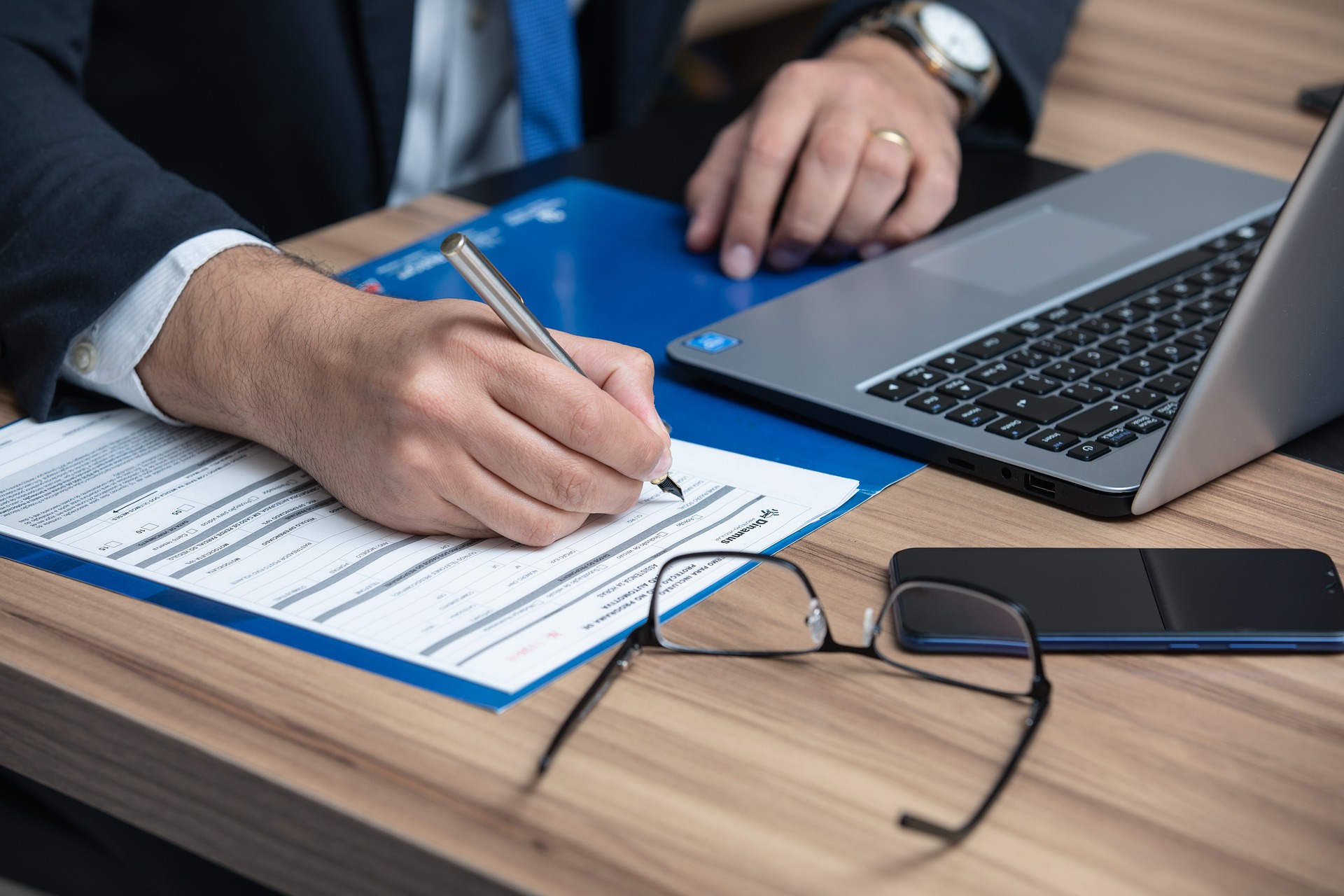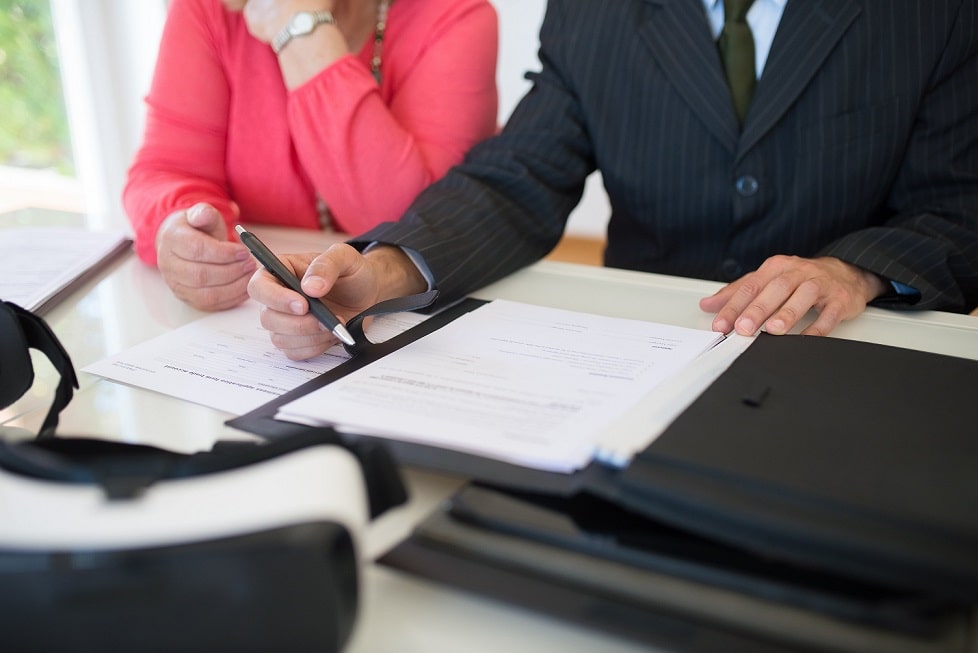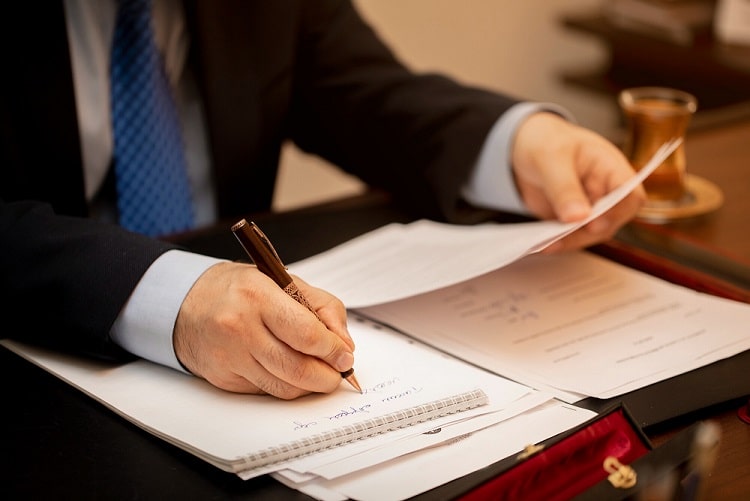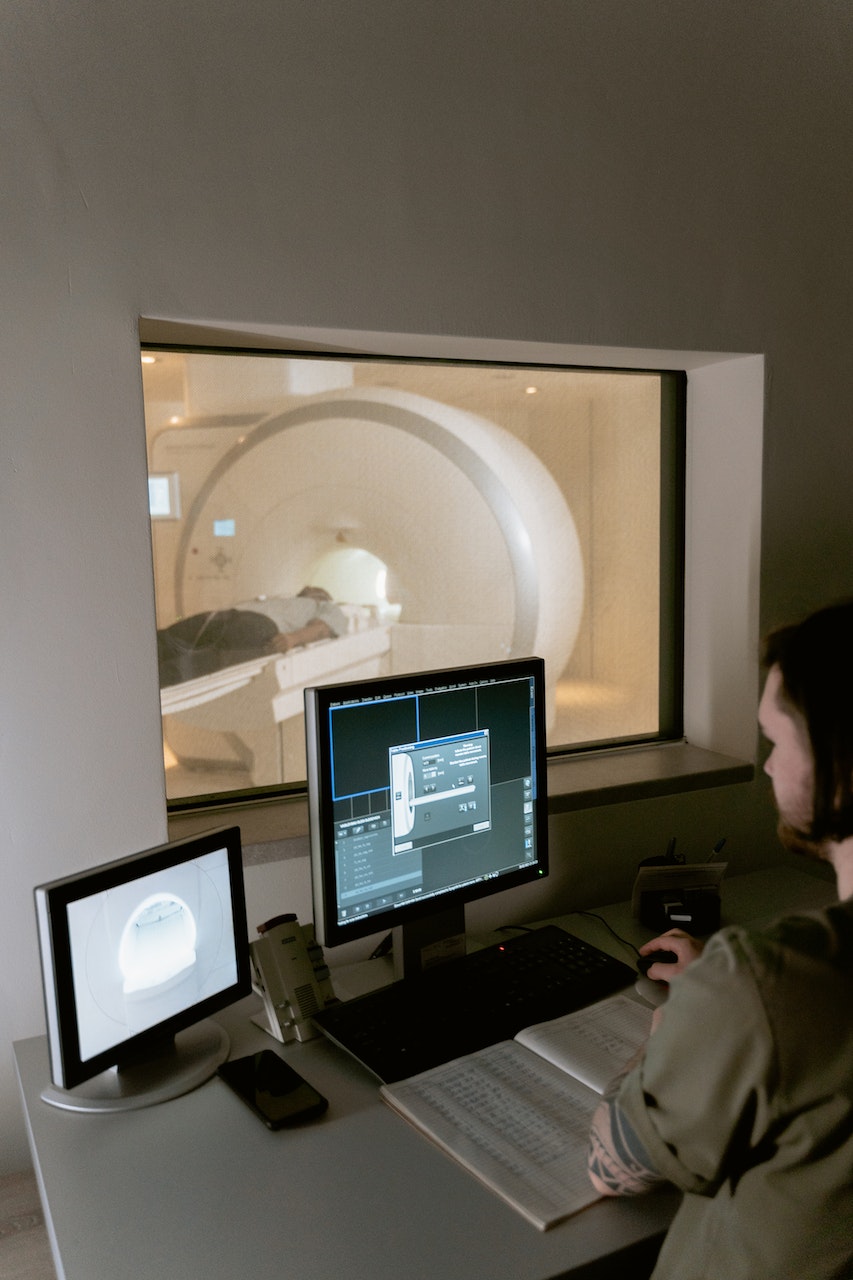Large equipment – cranes being a classic example – can pose a great deal of danger to employees at work. That’s why the U.K. has such stringent health and safety laws to protect workers from harm.
But when the law is ignored and regulations are breached, people can be injured. As work injury law specialists, we are certainly no stranger to incidents involving injuries caused by cranes.
What health and safety says about cranes
A crane can be classed as work equipment which means that The Provision and Use of Work Equipment Regulations can apply. This means that there are certain rules that employers need to make sure are followed when it comes to the use of cranes and when working with or near cranes.
The more common ones are:
- Cranes must be effective and in a state of good working order and repair
- Cranes must be generally safe to use
- Dangerous parts of cranes must not pose a danger
- Specific hazards must be guarded against when using or working near cranes
- Stop and emergency stop controls need to be in place
- Guards and rails need to be in place
- Ensuring training and supervision relating to the competency of users and employees working with or near cranes
Examples of crane injuries
A few examples of where you may have a claim if you’re injured using or working with or near a crane can be:
- Loads falling from the crane due to incorrect coupling or lack of safety catches on hooks or couplings
- Being hit by a crane – even where the employee that hit you is a competent user, your employer can still be vicariously liable, which means they may still have to compensate you
- Sudden stops when using cranes due to defects
- Injured caused by an exposed moving part of a crane that could have been guarded
The more common ones are being hit by falling loads, being hit by the crane itself, or falls from height when on a certain type of crane. In circumstances where your injuries were caused due to a failure by your employer or a colleague, you may have the right to obtain compensation for what you have had to go through.
Call us now 0800 634 7575 for expert legal advice.











